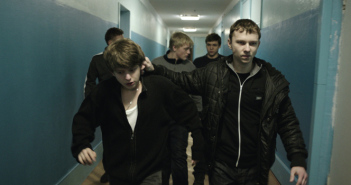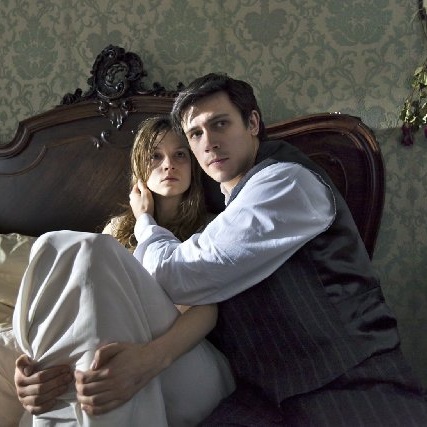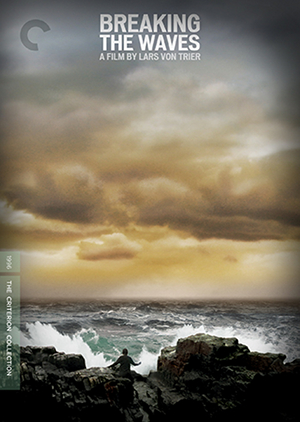Before gifting us the cinema of blood spurting phalluses (and talking foxes!) in 2009, before he ended the world in 2011, and before he, in graphic yet clinical fashion, challenged the sexual mores of society and the filmic facsimiles thereof this past year, Lars von Trier made Breaking the Waves, a work that’s as much a remonstration as is its younger brethren. Despite the late public courts decreeing him more a provocateur than auteur – even a hybrid moniker like “provocauteur” feels like a concession of his talents – the confrontational tenor that pervades his films is one that’s distinctly personal, an extension of his own musings on social and artistic orders, his own phobias and anxieties, and his own feelings on what constitutes beauty and amity; his characters often reflect this, bearing the weight of the director’s cognitive crosses as they march themselves perforce toward martyrdom. What’s of important note, however, is that while von Trier readily projects his own traits and concerns unto a protagonist, he’s able to refrain from painting himself a sacrificial lamb – he never truly characterizes by way of surrogacy. Thus, his films take the form of largely candid but wholly exotic outlets, works that are imbued with a certain intimacy even when at their most oblique or didactic; to find appeal in von Trier’s cinema is to realize that his essayist intellectualism and his coarse humanity are complimentary tendencies of the same persona.










